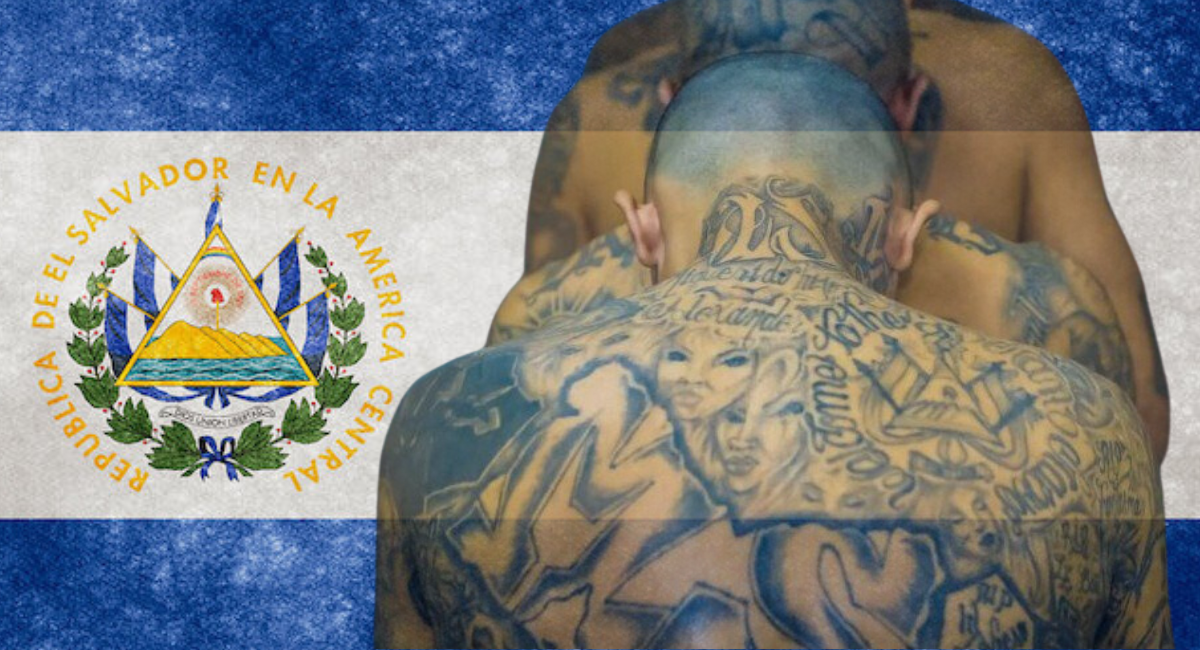Leer este artículo en español
For Yurina Melara, El Salvador is not a distant memory but a daily presence in the news and on the streets of her adopted city, Los Angeles, home to nearly half a million salvadoreños, many of them having fled a brutal, decade-long civil war that ended in 1992.
Melara, a journalist who has lived much of her adult life in Los Angeles, has just published a new book about her native El Salvador, a nation still haunted by the violence of its recent past.
“Todo Personal, la Masacre de la Sagrada Familia,” approaches issues of daily violence, the persistence of political and economic corruption and social inequality, problems that continue to plague her home country.
Melara, who spent much of her career writing for Spanish-language news outlet La Opinión, is currently working with a publishing house that focuses on Central American women writers (Ojo de Cuervo) and plans to travel to San Salvador in June to present the novel at the Universidad Centroamericana (UCA).
While she joins a generation of new Salvadoran American writers working across diverse literary genres, in themes or voices intimately linked to their ancestral country, Melara says she is the first Salvadoran woman writer to touch on the topic of endemic violence and corruption through a work of fiction.

“I wanted to present another alternative to how the issue of maras (gangs) and violence can be handled,” Melara explains. “(The government) has always tried the mano dura (the hard hand), the super mano dura, and now they’ve put 50,000 people in jail; there’s a lot of repression, but it doesn’t address the issue of why a 12- or 13-year-old kid is willing to put his life on the line.”
Data show that tens of thousands of alleged gang members in El Salvador are aged 20 or below and that the average age a young person who enters into a gang is 15, meaning many join when they are much younger.
Earlier this year videos emerged showing thousands of alleged gang members – heads shaved, and backs bent – as they were marched in chains through the gates of a new “mega prison” heralded by the country’s current president, Nayib Bukele as the solution to the country’s problem with gang violence.
Human rights groups have decried the mass arrests – totaling more than 68,000 – and have accused Bukele of numerous violations.
While Melara’s book is presented as a “crime novel,” most Salvadorans will recognize the themes and language of the book as closer to everyday life than fiction.
The writer herself was inspired by a real-life character, one of thousands of gang members who were deported from the United States to El Salvador during the 1990s after spending much of their youth growing up on the hard streets of Los Angeles or other American cities, often with little-to-no contact with their native culture or language.
“Darwin, the main character, is based on a young boy I interviewed in the town of Olocuilta, El Salvador, a place now famous for rice pupusas but was then just another small town,” says Melara. “I found the boy sitting in a hammock and barely speaking Spanish.”
In her retelling, that troubled boy goes on to earn a law degree, later launching a program dedicated to keeping Salvadoran youth out of gangs and funded by diaspora communities in the US. Far from a number, another sad statistic in the ledger of violence that has subsumed Salvadoran society, Darwin is portrayed as the key to its redemption.
But first, tragedy. The novel begins with a murder in front of a college, Sagrada Familia, from where the book takes its name. The victims, we soon learn, are Darwin’s young wife and one of his three daughters, shot by nameless gunmen in what many presume to be a gang-related attack.
Soon, a trio of characters, including a feisty journalist, a forensic expert, and Darwin, embark on an investigation to unearth the truth behind the murders, leading them to uncover a web of corruption that everyday Salvadorans are likely to recognize.
Today thousands of Salvadorans continue to arrive at the southern US border, part of a wave of Central American migrants fleeing deteriorating conditions in in their home countries. It’s an all too familiar narrative of repression and violence that offers few alternatives apart from one few seem to be willing to consider… at least outside the pages of a novel.
“Todo Personal, La Masacre de la Sagrada Familia,” is now available in Spanish on Amazon.




